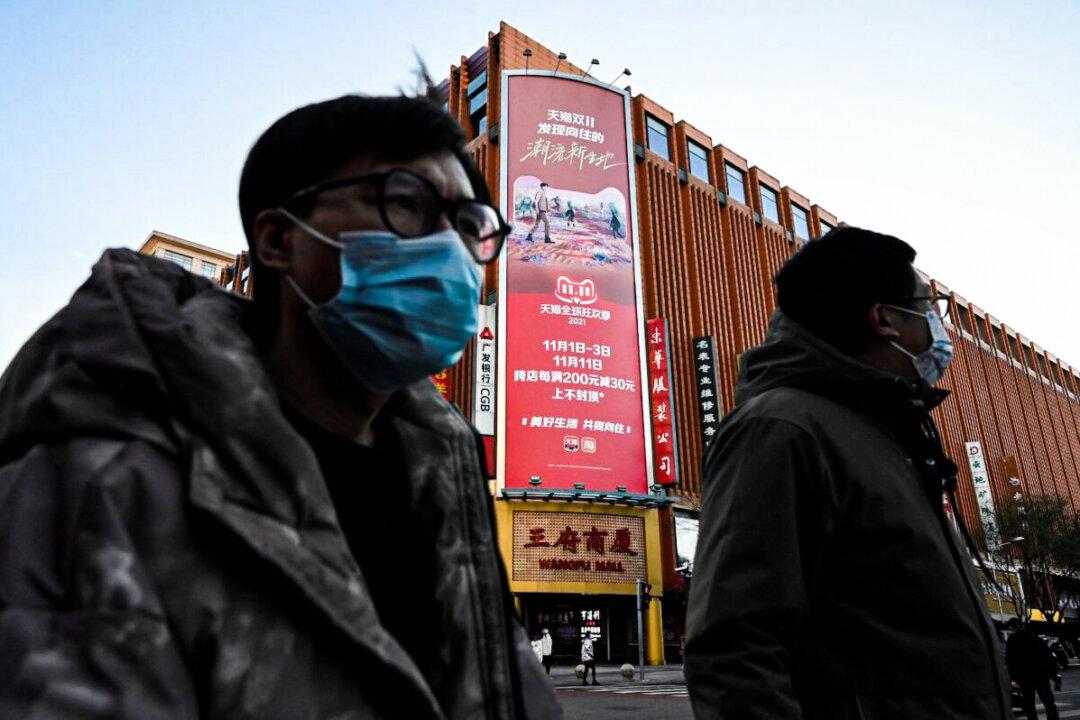Chinese Vice Premier Liu He’s recent visit to the United States for trade negotiations produced no visible results. Among the seven topics covered in the communiqué, numbers one, two, and four all involve intellectual property (IP) rights.
They are, according to the White House, (1) the ways in which United States companies are pressured to transfer technology to Chinese companies; (2) the need for stronger protection and enforcement of intellectual property rights in China; (4) the harm resulting from China’s cyber-theft of United States commercial property.





